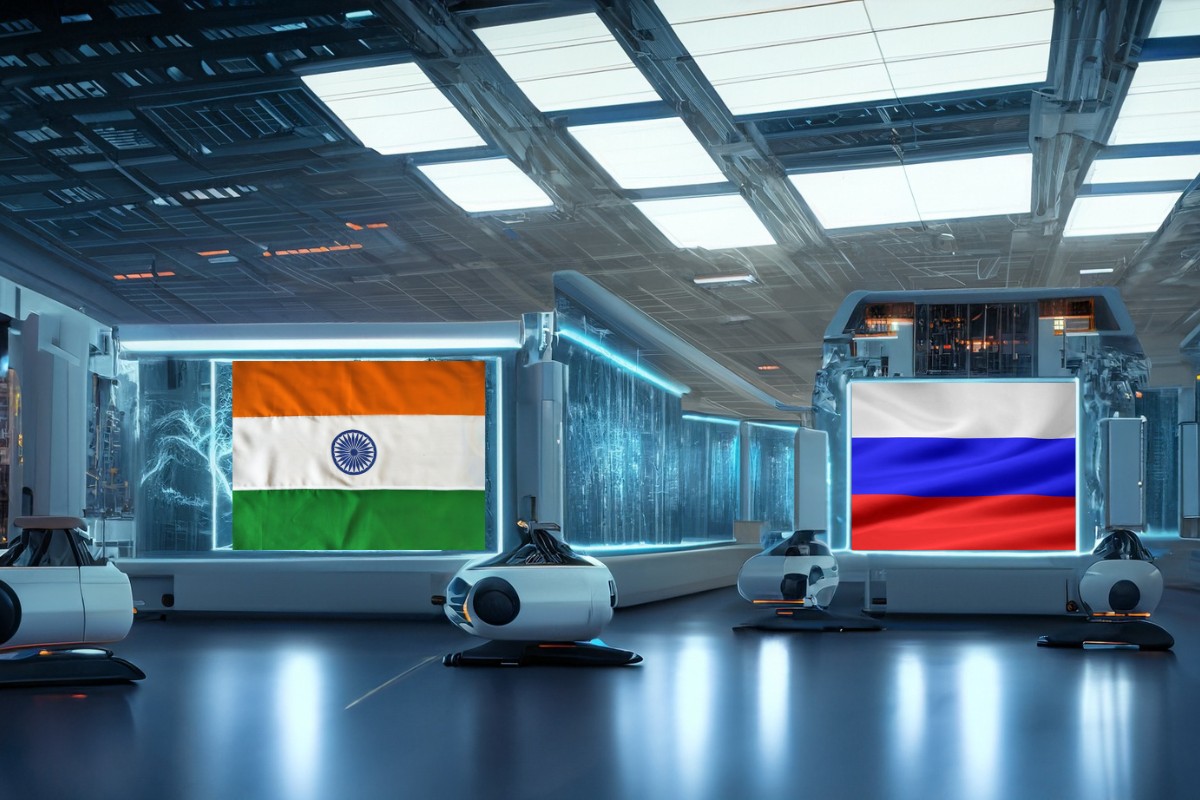The Russian Quantum Centre (RQC), an autonomous Russian body, has a visionary approach towards establishing alliances with Indian educational and research organisations. The focus of these proposed alliances centers around the evolution of quantum applications and hardware destined for public utilisation, as highlighted by Ruslan Yunusov, the leading light and co-founder of RQC.
Yunusov pointed out that the upcoming Brics (Brazil, Russia, India, China, South Africa) forum, helmed by the Russian government, will serve as a launchpad for discussions surrounding these proposed collaborations.
“Although we’re yet to formalise any agreements or partnerships, our objective is to advance these conversations on the Brics platform in the forthcoming year. We’ve initiated exploratory discussions within the scientific community, and there’s significant curiosity being sparked within both nations,” added Yunusov.
Yunusov shared these insights during a casual exchange at the Future Technologies Forum on July 13, a gathering marked by the presence of Russian president, Vladimir Putin.
“Being at the helm of Brics Presidency next year, we’re looking forward to initiating discussions on specific projects across several crucial sectors with our partners. These sectors include advanced computing technology and data processing, storage, and transmission technologies,” expressed Putin. Putin also presented an ambitious ‘national technology project’ aiming to pave a roadmap for Russian quantum technology development by 2030.
The potential of these proposed alliances, however, is caught in the crossfire of escalating geopolitical tensions. A senior official from the Indian government stated that, despite numerous interactions with Russian delegations visiting Indian institutes and government sectors in the recent six months, no tangible agreements have come to fruition.
Senior figures from renowned Indian research entities echoed this sentiment. Although they acknowledged the existence of preliminary discussions concerning potential collaborations, they confirmed that no official announcements have been made to date.
A representative from a top-notch academic institution confirmed Russia’s efforts but reiterated that no official consensus has been achieved.
All the involved parties have chosen to remain anonymous as discussions regarding potential collaborations between India and Russia are yet to reach a decisive stage.
Aleksey Akimov, a chief investigator at RQC, underlined multiple areas where India and Russia could collaborate, specifically in the quantum computing field.
“We’ve effectively constructed a 32-qubit quantum computer and are presently investigating how it can be integrated into services for the public sector. We’ve initiated dialogues with India to tap into technical expertise and lay down universal standards across multiple dimensions of quantum computing,” Akimov revealed. He emphasised that despite the national security concerns surrounding quantum computing, a cooperative approach is feasible.
Akimov further added, “We possess the capability to engineer our solutions and standards atop a common stable technology platform, though this development would indeed span over years.”
For example, providing quantum computing services via the cloud to different organisations, an important step towards commercialising services, remains an uphill battle. However, these are areas where international collaboration could potentially be fruitful, although it would require time.
“Conversations of such caliber are routinely seen within the realms of academia and research organisations. Currently, India is engaged in similar discussions with countries worldwide, including the European Union. The fruition of these conversations into official collaborative projects will depend on an array of factors, including geopolitical dynamics and international relations,” mentioned an Indian official.
Earlier in February, reports highlighted that Finland’s IQM Quantum Computers and India’s Centre for Development of Advanced Computing (C-DAC) are gearing up to amplify their collaboration in specialized technology domains, encompassing various quantum computing applications.
However, discussions with Russia seem to be on a slow burn for now.
“India’s significant achievements in multiple technological arenas, particularly in manifesting a fully operational quantum computer, have piqued global curiosity. Many nations are keen on leveraging India’s technological prowess, an inclination likely to amplify post the recent announcement of the National Quantum Mission,” commented an Indian official.
On the other hand, Russia is scouting for more than just governmental partnerships, it also seeks a wider range of collaborative agreements with India.
“Our mission is to cultivate partnerships not only at the governmental level but also at the institutional level. We’re currently conversing with Indian universities, identifying possible areas for collaboration. Our shared vision is to co-develop technologies. We’re cognisant of the fact that numerous groups in India already have robust capabilities in different quantum computing sectors. We’re eager to pinpoint our mutual strengths and forge partnerships accordingly,” remarked Yunusov from RQC.



